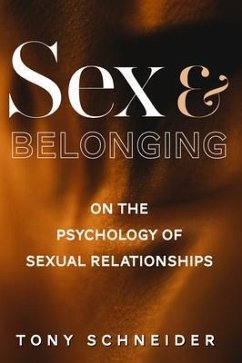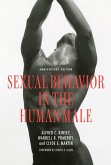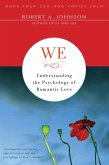A sexual relationship, whether fleetingly casual or profoundly permanent, involves at its core the establishment of attachment and an integrative drive to belong. It can include a range of incentives, coloured by physiological drives, cultural contexts, and personal histories. It also involves the physiological processes of brain and body as they relate to the realm of the mind and subjective experience. This complexity poses a challenge for clinicians when developing an integrated psychological model during therapy. In this stunning new work, Tony Schneider, a practising clinical psychologist for over 30 years, outlines a new model of psychological drives around sexual behaviour. This model unifies the notions of attachment, belonging, desire, attraction and early sexual experience, to create a firm theoretical basis for psychological intervention in human sexual relationships. He describes a dual biological and subjective, multiple-drive profile, that energises and directs individual sexual behaviour. He explains the various personal motives and drives that are typically involved, how they relate to one another, and the reasons for their inclusion in the model. Integrating theory, psychological research, clinical insights, and client case studies, this unique text also outlines various sociocultural sexual scripts, which, along with early sexual experiences, contribute to creating the context and expectations of adult sexual behaviour. Taking a middle path between the determinist thinking that frequently underpins scientific psychological research, and the psychodynamic theory often used by clinicians, this book is relevant to all those studying or working in the area of human sexual relationships, including psychologists, psychiatrists, relationship counsellors, social workers and sex therapists.
Dieser Download kann aus rechtlichen Gründen nur mit Rechnungsadresse in A, D ausgeliefert werden.









